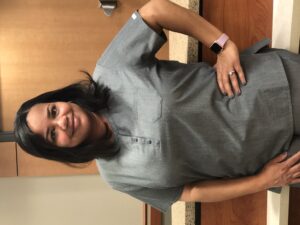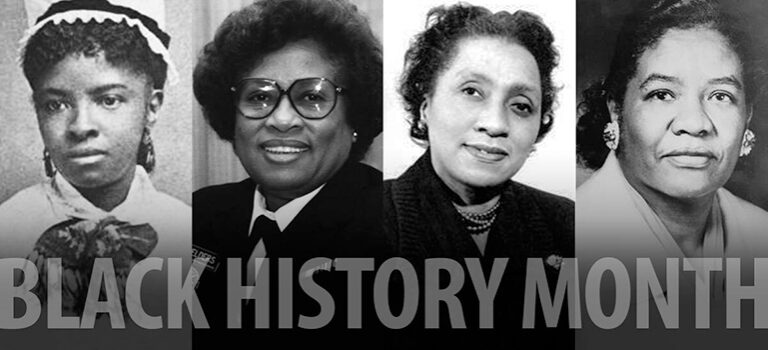
Black History Month is very important to me as a black woman and a black person. This recognition was created to recognize the generations of African Americans who came before us. It is a time of self-reflection about my ancestors and to further educate myself about African Americans who have paved the way for me to do the things in my life to move forward and prosper in life.
It is also a time to help bridge the gap and educate myself on what I can do to continue in the history of black people. I’m very passionate about the fight against racial bias and the disparities in the healthcare system. The lack of information and unknown bias in our community affects the outcome of African Americans health. Our culture, beliefs, environments, and support systems are different from other cultures.
The healthcare system doesn’t always know how to approach the healthcare care of my community. I feel Woman’s has allowed me to be part of Black History with my position as a Peer Counselor in the Mother/Baby Department. Being a peer counselor allows me to be an advocate for African Americans patients.
As a Peer Counselor, one of my roles at Woman’s is to speak one on one with African Americans patients to educate them on the importance and benefits of breastfeeding. I’m able to address misconceptions, acknowledge fears, dispel myths, and provide factual information regarding breastfeeding and safe sleep. I provide culturally appropriate individualized care and expected outcomes with the patients.
Another one of my roles is to educate patients about safe sleep and to ensure they have a safe place for their baby to sleep upon discharge from the hospital. I provide accurate information about safe sleep and available resources. Understanding the risk of sudden unexpected infant death (SUIDs) and sudden infant death syndrome (SIDS), suffocation, and other deaths that may occur when an infant is in a crib or asleep will dramatically reduce the risk.
I’m proud that I am a part of helping patients and their families in the planning of their healthcare can positively affect their outcomes in life.

